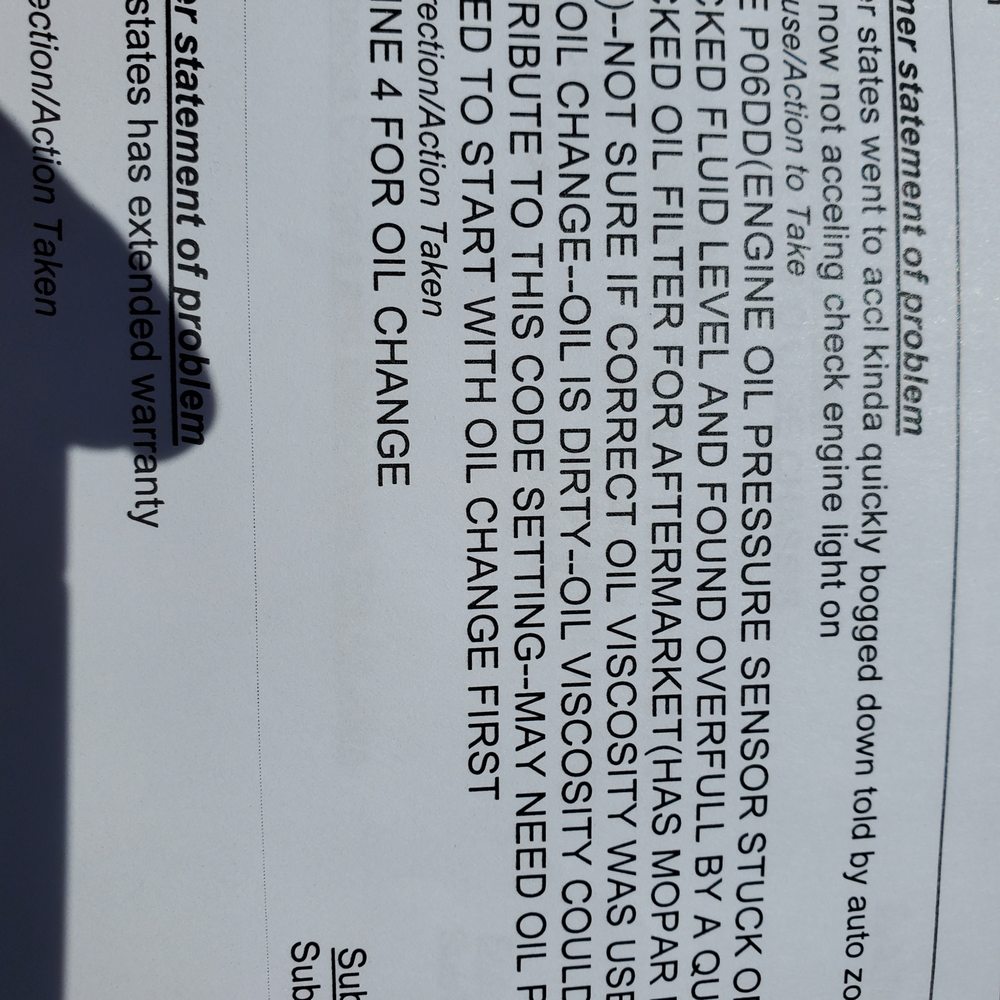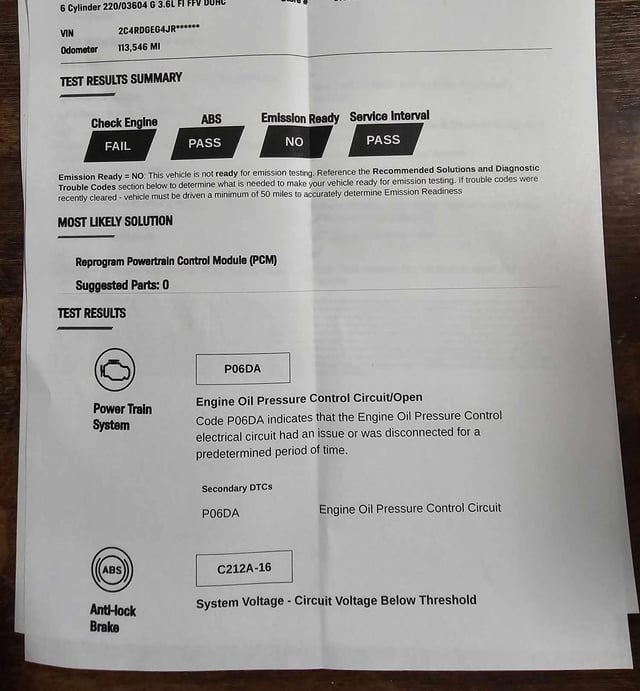Maintain engine oil flexibility by setting it to “Flexible” for oil changes triggered by the yellow wrench dash light. This option adjusts oil change intervals based on driving habits and conditions.
Engine oil flexibility maintenance is crucial for optimal vehicle performance and longevity. By understanding and utilizing the flexible oil change settings, drivers can ensure that their engine receives the necessary care at the right time. Let’s explore the significance of engine oil flexibility maintenance and how it can benefit your vehicle in the long run.
Proper maintenance not only enhances engine efficiency but also prevents potential issues that may arise from neglecting oil change intervals. Stay tuned to discover the best practices for maintaining engine oil flexibility effectively.

Credit: owners-manual.mazda.com
Introduction To Engine Oil Maintenance
Maintaining engine oil flexibility is crucial for optimal performance. By setting your oil change interval to “Flexible,” you can adapt to varying driving conditions and ensure your engine stays well-lubricated for longer periods. This approach is particularly beneficial for high-mileage vehicles and can help enhance overall engine longevity.
Engine oil maintenance is a crucial aspect of keeping your vehicle running smoothly and efficiently. Regular maintenance of engine oil ensures that the internal components of your vehicle’s engine are properly lubricated, reducing friction and wear. It also helps in dissipating heat and preventing the build-up of harmful deposits. In this section, we will delve into the importance of regular oil changes and understanding flexible maintenance.
Importance Of Regular Oil Changes
Regular oil changes are vital for the overall health and longevity of your vehicle’s engine. Fresh engine oil provides proper lubrication to the moving parts, reducing friction and preventing premature wear. Additionally, it helps in maintaining optimal engine temperature and promotes fuel efficiency. Neglecting regular oil changes can lead to increased engine wear, reduced performance, and potential long-term damage.
Understanding Flexible Maintenance
Flexible maintenance settings allow the vehicle to determine the optimal oil change interval based on driving conditions, temperature, and other factors. This setting offers a more tailored approach to oil changes, ensuring that the oil is changed when necessary rather than adhering to a rigid schedule. It is particularly beneficial for vehicles that experience varying driving conditions or higher mileage.

Credit: owners-manual.mazda.com
Types Of Oil Change Regimens
Regular oil changes are an essential part of vehicle maintenance. Not only does it keep the engine running smoothly, but it also helps to prolong the engine’s life. There are two types of oil change regimens: fixed and flexible.
Fixed Vs Flexible: Pros And Cons
| Fixed | Flexible |
|---|---|
| Pros: | Pros: |
|
|
| Cons: | Cons: |
|
|
Deciding Between Fixed And Flexible Schedules
Deciding between fixed and flexible schedules depends on several factors, including the age of the vehicle and the driving habits of the owner. For low mileage vehicles, a fixed schedule may be sufficient. However, for high mileage vehicles, a flexible schedule may be more appropriate as it allows for oil changes based on the vehicle’s needs rather than a set time interval.
Flexible schedules can be beneficial for those who drive in varying conditions, such as extreme temperatures or heavy traffic. The car’s computer will monitor the oil’s condition and alert the driver when it’s time for an oil change. This can help to extend the life of the engine and prevent unnecessary oil changes.
In conclusion, whether you choose a fixed or flexible schedule for your oil changes, it’s important to stay consistent with your maintenance routine. Regular oil changes are essential for the health and longevity of your vehicle’s engine.
The Science Behind Oil Degradation
When it comes to maintaining the performance and longevity of a car’s engine, understanding the science behind oil degradation is crucial. Engine oil is subjected to a wide range of factors that can influence its lifespan and effectiveness, making it essential to comprehend the various elements that contribute to oil degradation.
Factors Influencing Oil Life
Several factors play a role in determining the life expectancy of engine oil. These include driving habits, ambient temperature, journey types, and the overall condition of the engine. Additionally, the type of oil used, whether conventional or synthetic, can also impact its degradation rate.
How Cars Calculate Oil Change Needs
Cars utilize advanced engine monitoring systems that analyze various parameters such as engine temperature, engine revolutions, and mileage to calculate the optimal time for an oil change. This data-driven approach enables vehicles to adapt their oil change needs based on actual usage, ensuring that the oil is changed precisely when required.
Synthetic Oil And Change Frequency
When it comes to engine oil flexibility maintenance, using synthetic oil can offer numerous advantages. Let’s explore the benefits of synthetic oil and how to determine the optimal change intervals.
Benefits Of Synthetic Oil
- Enhanced Performance: Synthetic oil provides better lubrication, reducing friction and wear on engine parts.
- Improved Engine Protection: It offers superior protection against heat and engine deposits, extending the engine’s lifespan.
- Enhanced Fuel Efficiency: Synthetic oil can improve fuel economy due to its smoother flow and reduced drag on the engine.
Determining Optimal Change Intervals
When it comes to determining the optimal change intervals for synthetic oil, several factors come into play:
- Driving Conditions: Heavy stop-and-go city driving may require more frequent oil changes compared to highway driving.
- Manufacturer Recommendations: Refer to your vehicle’s manual for specific guidelines on oil change intervals.
- Oil Quality: High-quality synthetic oils may allow for longer intervals between changes.
Flexible Oil Change Settings Explained
Understanding how ‘Flexible’ oil change settings work and who should utilize them is essential for proper engine oil maintenance.
How ‘flexible’ Settings Work
Flexible settings allow oil changes based on the vehicle’s monitoring system, indicating the ideal time for an oil change through a dashboard light.
Who Should Use Flexible Settings
- Drivers who cover higher mileage benefit from the flexibility of changing oil as needed.
- People with varied driving styles and environmental conditions can optimize oil change intervals with flexible settings.

Credit: www.mbcharlotte.com
Maximizing Engine Health With Proper Maintenance
Proper maintenance of your engine is crucial for ensuring its longevity and performance. One of the key components of engine maintenance is the regular monitoring and changing of engine oil. Understanding the role of oil in engine performance and the consequences of neglecting oil changes is essential for maximizing the health of your engine.
The Role Of Oil In Engine Performance
Engine oil plays a critical role in lubricating the various moving parts within the engine, reducing friction, and dissipating heat. Additionally, it helps to prevent corrosion and keeps the engine clean by trapping contaminants. Using the right type of oil and adhering to the manufacturer’s recommended oil change intervals is vital for maintaining optimal engine performance and efficiency.
Consequences Of Neglecting Oil Changes
Neglecting regular oil changes can have detrimental effects on the engine. Over time, old and degraded oil can lead to increased friction and heat, accelerating wear and tear on engine components. This can result in decreased fuel efficiency, loss of power, and potential long-term damage to the engine. Additionally, contaminants and sludge buildup in the engine can further compromise its performance and lifespan.
Maintenance Beyond Oil: Comprehensive Car Care
Explore engine oil flexibility maintenance for comprehensive car care in Austin, Texas. Opt for a flexible oil change setting based on your driving habits and mileage to ensure optimal engine performance and longevity. Stay on top of maintenance for peak vehicle health and longevity.
Regular engine oil changes are a crucial part of car maintenance, but there is more to keeping your vehicle running smoothly than just changing the oil. In addition to oil changes, there are several other maintenance tasks that should be performed regularly to ensure your car stays in top condition.
Tire Rotation And Inspection Intervals
Tire rotation and inspection are essential parts of car maintenance that are often overlooked. Regular tire rotations can extend the life of your tires and improve fuel efficiency. It is recommended to rotate your tires every 5,000 to 7,500 miles, depending on the make and model of your vehicle. In addition to tire rotation, it is important to inspect your tires regularly for signs of wear and damage. Inspections should be done monthly, or before long road trips. Look for signs of uneven wear, bulges, or cracks in the sidewall. If you notice any of these issues, it may be time to replace your tires.
Additional Maintenance Considerations
In addition to oil changes and tire maintenance, there are several other maintenance tasks that should be performed regularly. These include:
- Brake inspection and replacement
- Battery inspection and replacement
- Air filter replacement
- Fluid level checks and top-ups
Performing these tasks regularly can help prevent costly repairs down the road and keep your car running smoothly. Remember that car maintenance is not a one-time event, but an ongoing process. By following the recommended maintenance schedule for your vehicle and performing regular inspections, you can keep your car in top condition and avoid costly repairs.
Cost Implications Of Oil Maintenance Choices
When it comes to engine oil flexibility maintenance, the choices you make can have significant cost implications. Analyzing maintenance costs and understanding the long-term savings of proper maintenance is crucial for making informed decisions about your vehicle’s oil maintenance.
Analyzing Maintenance Costs
Choosing between flexible and fixed oil maintenance settings can impact your expenses in the long run. Let’s take a closer look at the cost implications of each option.
Long-term Savings Of Proper Maintenance
Proper maintenance of your engine oil, including regular monitoring and timely changes, can lead to substantial long-term savings. By optimizing the maintenance schedule, you can minimize the risk of costly repairs and extend the lifespan of your vehicle.
Navigating Oil Maintenance For Different Car Models
When it comes to maintaining your car’s engine oil, different car models may have varying requirements and recommendations. Understanding the flexibility in oil maintenance for different car models is essential to ensure optimal engine performance and longevity.
Case Study: Mazda’s Flexible Oil Change
Mazda introduces a flexible oil change system that adapts to various driving conditions and styles. This innovative approach allows the car to calculate the rate at which the oil degrades, taking into account factors such as driving style, journey types, and ambient temperature.
Vw’s Flexible Service System
Volkswagen has implemented a flexible service system that provides drivers with the option to choose between fixed and flexible oil change intervals. This system ensures that oil change schedules can be tailored to individual driving habits, ultimately optimizing engine performance and longevity.
By embracing the flexibility in oil maintenance for different car models, drivers can maximize the efficiency and lifespan of their vehicles’ engines, ultimately leading to a smoother and more reliable driving experience.
Faqs On Engine Oil Flexibility Maintenance
Q: What is the flexible oil maintenance setting?
A: The flexible setting allows you to change the oil based on the yellow wrench dash light that appears when it’s time for an oil change. If set to Fix, oil changes are required every six months regularly.
Q: How often should you change synthetic oil?
A: Synthetic oil change intervals can vary, but it’s generally recommended to change synthetic oil every 7,500 to 10,000 miles depending on your driving habits and manufacturer recommendations.
Q: Who uses the ‘Flexible’ oil change setting?
A: The flexible oil change setting is ideal for drivers who put higher mileage on their vehicles and prefer a more adaptive oil change schedule based on driving conditions.
- Monitor your vehicle’s oil change indicator regularly.
- Consider your driving habits when choosing between fixed and flexible oil change intervals.
- Consult your vehicle’s manual for manufacturer-recommended oil change schedules.
Frequently Asked Questions
What Is The Flexible Oil Maintenance Setting?
The flexible oil maintenance setting allows changing oil based on dashboard alerts, with options for fixed or flexible intervals.
What Is A Flexible Oil Change?
A flexible oil change allows you to change oil according to your car’s needs, based on factors like driving style and temperature. It’s ideal for those who put higher mileage on their vehicles.
What Is A Flexible Service Interval?
A flexible service interval allows for oil changes based on actual driving conditions and engine needs. It’s a more tailored approach compared to fixed intervals, making it suitable for vehicles with varying usage patterns. This can help optimize engine performance and longevity.
Can You Go 2 Years Without Changing Synthetic Oil?
No, it is not recommended to go 2 years without changing synthetic oil. It is generally recommended to change synthetic oil every 7,500 to 10,000 miles or at least once a year, whichever comes first. However, the specific interval may vary depending on the make and model of the vehicle, driving conditions, and other factors.
It is important to follow the manufacturer’s recommended maintenance schedule for optimal engine performance and longevity.
Conclusion
Maintaining engine oil flexibility is crucial for optimal vehicle performance and longevity. By choosing the right oil change setting, whether fixed or flexible, you can ensure proper lubrication and protection for your engine. Regular maintenance is key to avoiding costly repairs and maximizing your vehicle’s lifespan.


